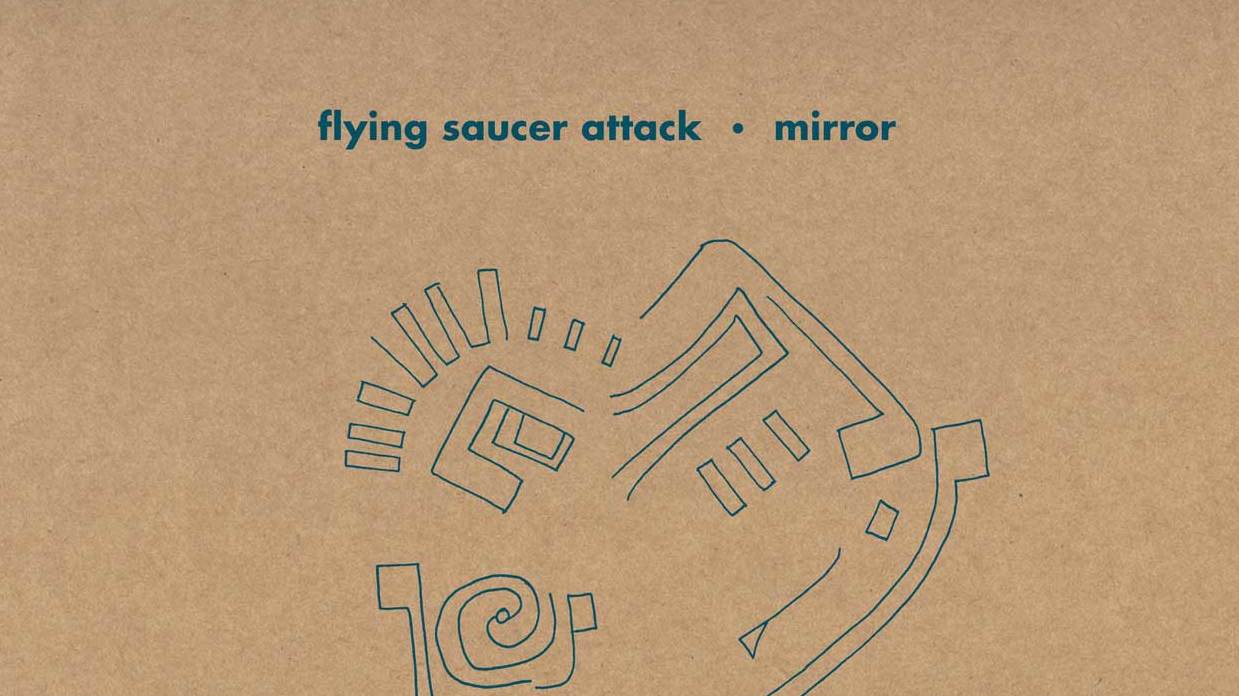Flying Saucer Attack were on the periphery of the so-called early 90s shoegazing scene in which groups typically played guitars through as many FX pedals as they could lay their hands on to create a new type of psychedelia aimed at the blurring of aural perceptions. Luckily for the home recorder, this effect could be enhanced by overdriving equipment, even utilising tape hiss as part of the sound. On the trio’s self-titled debut from 1992, keyboards, guitars and simple percussion produce songs encircled by a vast halo of sound on My Dreaming Hill, or set in empty space like the neo-folk, The Season Is Ours.
Popul Vuh 1 rather cutely incorporates that group’s title theme from Werner Herzog’s Nosferatu, with the percussion from In Den Gärten Pharaos. A fabulously anomalous cover of Suede’s The Drowners shows how far from the Britpop scene FSA were operating. It sounds like a memory of the original mixed with the first part of A Saucerful Of Secrets from Pink Floyd’s Ummagumma (itself a prime example of how less than hi-fi recording quality can add to the music’s mystery).
1997’s New Lands, with main man Pearce now operating solo, carries on the same aesthetic, from the wah-wah fest of Past and strident but almost disintegrated guitar chords of The Sea, but with the drumming replaced by rhythm loops. Forever, a vast drone piece with Pearce’s whispery incantations is backed by a gorgeous sunset of keyboards. Whole Day Song is like a regal procession sighted through a constant drizzle of electronics.
Released in early 2000, Mirror seemed a fittingly far-out place to abandon the voyage (before Pearce’s surprise return as FSA with 2015’s Instrumentals). There is a little more definition in the sound, but it still reaches the outer limits. In among the loops and sequences, Winter Song and Rise incorporate breakbeats. There are hazy, pastoral acoustic songs and big electric guitar tunes like Rivers before the final noise white-out of Star City.

